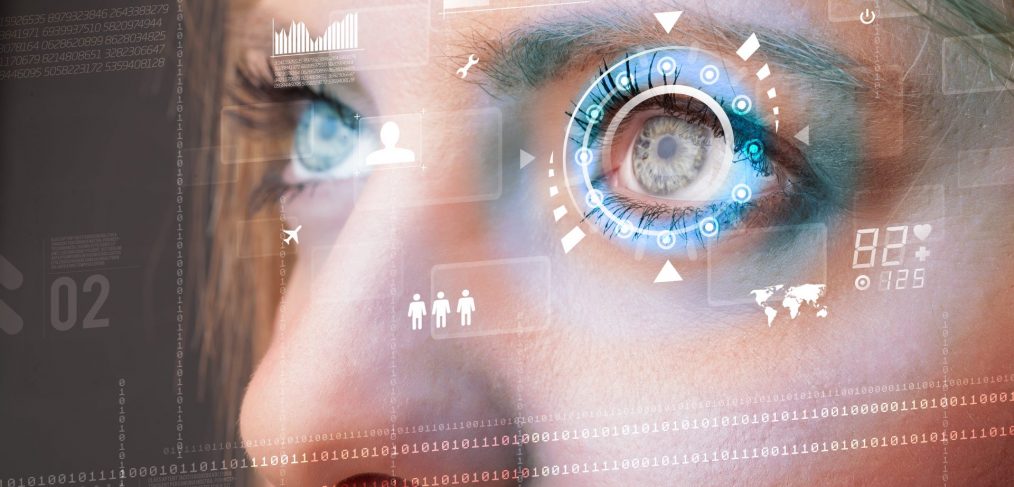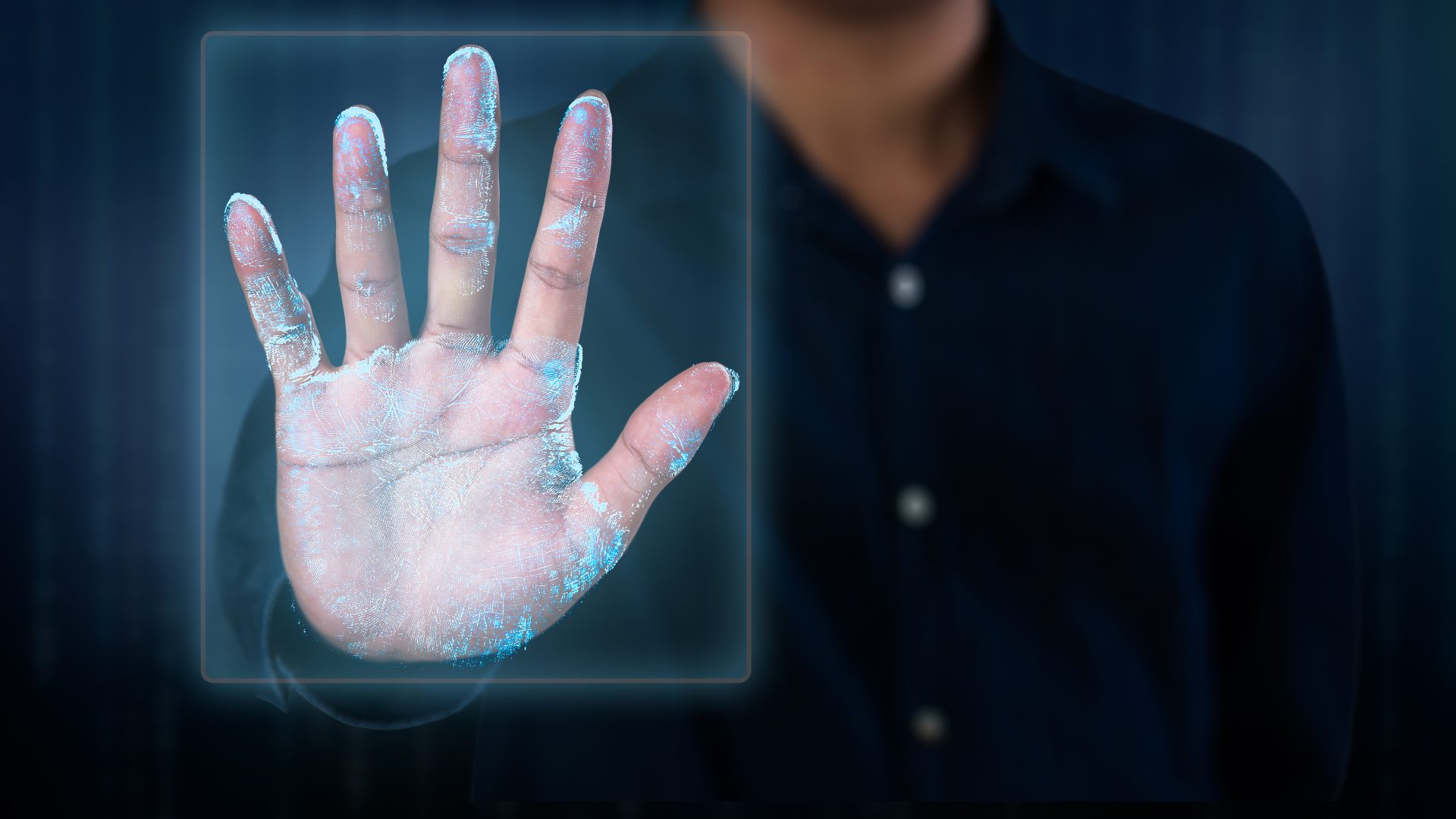
Biotrack Your Shop
Sabrina Hilfer, a specialty retail designer, talks about the integration of biometrics in the retailscape.
It’s no secret that shoppers’ habits are being tracked and targeted more than ever before. These new insights and sometimes controversial capabilities lend themselves to the recent growth in biometric tactics mixed into the retail environment.
This isn’t new technology, though. Government and law enforcement officials began using fingerprinting and voice identification at the turn of the 21st century. About a decade later, banks began incorporating fingerprint and heartbeat sensors into ATM machines. And our most personal items, our smartphones, have integrated programs capable of detecting a heartbeat and facial recognition. Now, retail is joining the data trend.
Snapshot Moments
While industries requiring security have used biometrics for years, the retail market is only just beginning to foster a biometric presence. Specifically, the retail industry has seen an increase in facial recognition software – employees want to know their customers better. High-end retailers, such as Saks Fifth Avenue, are installing high-tech cameras to gather data about the average consumer.
Some cameras in department stores are located within light fixtures or mirrors, making it nearly impossible for the consumer to know that he or she is under scrutiny. The equipment detects patterns like age, gender and mood. The data is so specific that retailers can identify the exact quantity of millennial visitors or the number of minutes it takes to decide on a purchase.
Armed with these insights, retail associates can direct clients to particular products, further personalizing the shopping experience. This type of intimate attention fosters a strong relationship between the company and client, and tracking consumer data allows retailers to target a curated audience, which boosts sales.
Customized Currency
No-touch payment methods are also increasingly popular, transforming the often-arduous checkout process into a seamless experience. One of the first realizations of this empty-handed checkout system began a few months ago at AEON Financial Service Co., Ltd in Japan. The company is implementing Fujitsu’s ‘palm vein biometric authentication technology’ into a handful of retail stores. In contrast to fingerprinting, this initiative is highly sanitary. Consumers register their palm with AEON in advance to shopping. Once in-house, they can check out with touching a single item.

It is important to note that shoppers still support the presence of floor associates. If they have a question, they want easy access to a live person nearby. The palm vein technology expedites the customer check-out process and elevates the shopping experience, but the human element is still needed.
Measuring the Future
Despite the myriad benefits that biometric technology offers to retailers, a healthy debate about privacy is percolating within the industry. The EU developed a law in May 2018 called the “General Data Protection Regulation,” or “GDPR.” It demands that a person must give “explicit consent” if a company wants to collect his or her biometric data. Although the United States has yet to enforce a similar rule, several states have enforced their own sanctions.
Just like the GDPR, states like Texas, Washington, and Illinois require retailers to receive consumer approval before collecting data through technology. Biometric data, after all, represents the most intense level of personal information, and consumers will likely object to sharing their data if companies are required to ask permission beforehand. The debate around the moral obligation within the biometric arena is just beginning.
There is no doubt that the technology presents a prime opportunity for retailers to customize the shopping experience, and brands will continue to push the boundaries for innovative and elegant implementation. Only time will tell how stores are able to strike a balance between gathering biometric data and consumer privacy.
